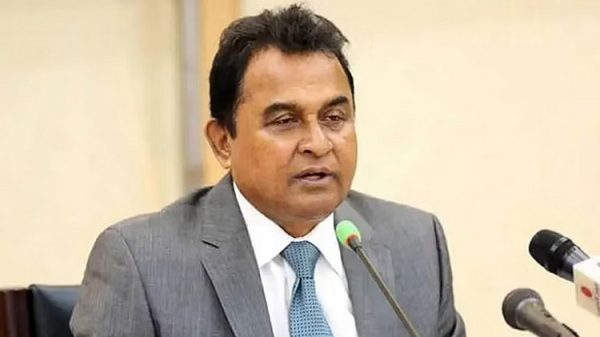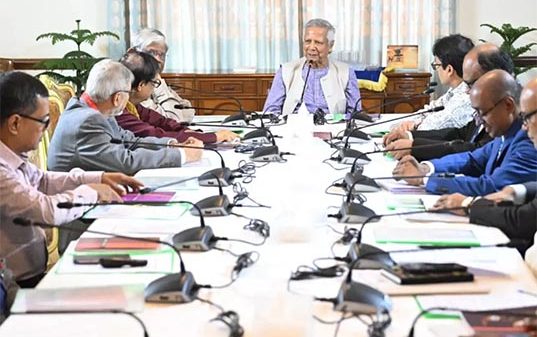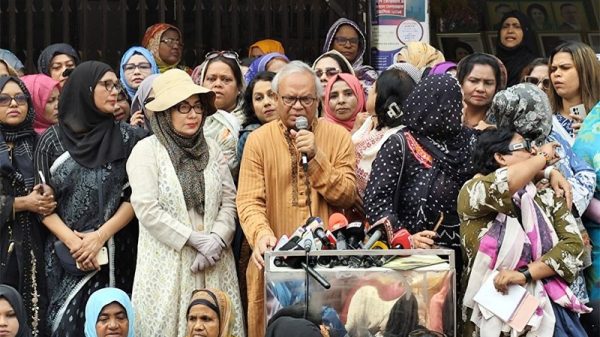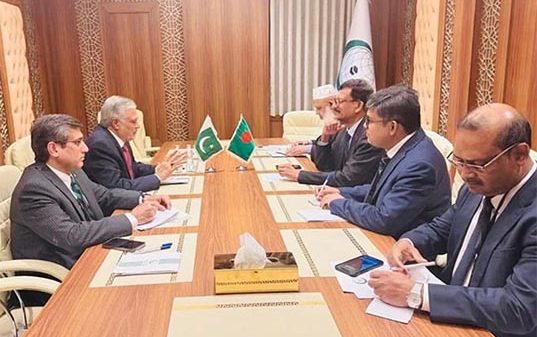IMF loan proves macroeconomic fundamentals are on solid foundation: Kamal

- Update Time : Wednesday, 1 February, 2023, 10:26 am
- 198 Time View

Online Desk: Finance Minister AHM Mustafa Kamal on Tuesday said the approval of US$4.7 billion loan from the International Monetary Fund (IMF) proved that the basic areas of the country’s macroeconomic fundamentals are on solid foundation. “The country’s macroeconomic fundamentals are better than many other countries of the world,” he said. The Finance Minister said this after the IMF approved Bangladesh’s US$4.7 billion loan proposal during a board meeting yesterday.
He alleged that many had expressed doubt that the international financing organisation would not extend such credit facility to Bangladesh due to its alleged weaknesses in the basic macroeconomic fundamentals. But, ultimately those proved wrong with the approval of the credit. Kamal thanked the IMF for extending such credit support especially its Deputy Managing Director Antoinette M. Sayeh and Mission Chief Rahul Anand alongside the other officials involved in this process.
Following the approval of credit, Bangladesh will get about US$3.3 billion under the Extended Credit Facility (ECF) and the Extended Fund Facility (EFF) and about US$1.4 billion under the Resilience and Sustainability Facility (RSF). IMF’s ECF/EFF approval has enabled the immediate disbursement of about US$476 million as the first of the seven installments slated over 42 months. The remaining amount will be in six equal installments of US$704 million each. The 42-month programme will help preserve macroeconomic stability, protect the vulnerable, and foster inclusive and green growth. Reforms will focus on creating fiscal space to enable greater social and developmental spending, strengthening the financial sector, modernising policy frameworks and building climate resilience.
IMF said Bangladesh’s robust economic recovery from the pandemic has been interrupted by Russia’s war in Ukraine, leading to a sharp widening of Bangladesh’s current account deficit, depreciation of the Taka and a decline in foreign exchange reserves. The IMF-supported programme under the ECF/EFF arrangements will help preserve macroeconomic stability and prevent disruptive adjustments to protect the vulnerable, while laying the foundations for strong, inclusive and environmentally sustainable growth.
The concurrent RSF arrangement will supplement the resources made available under the ECF/EFF to expand the fiscal space to finance climate investment priorities identified in the authorities’ plans, help catalyze additional financing, and build resilience against long-term climate risks.










